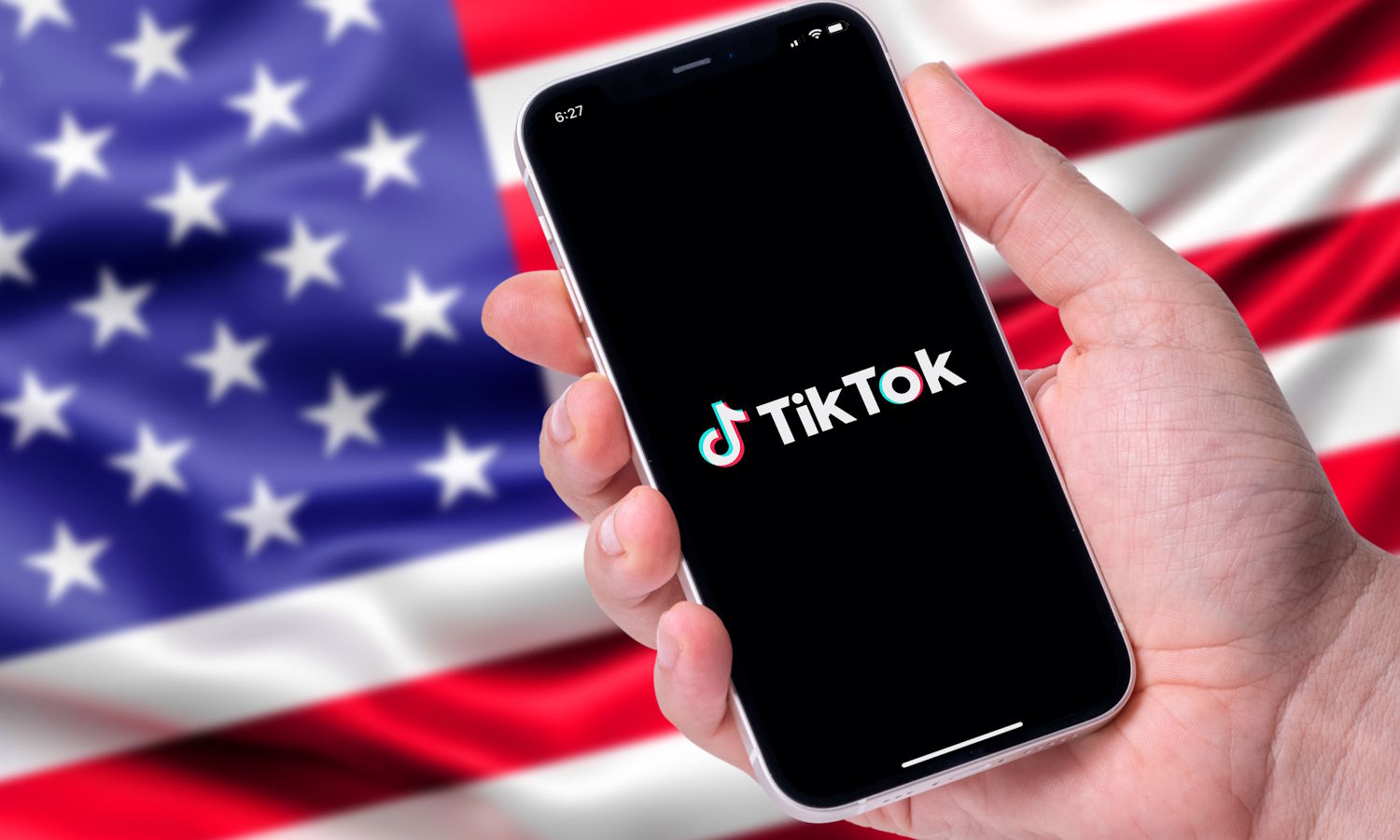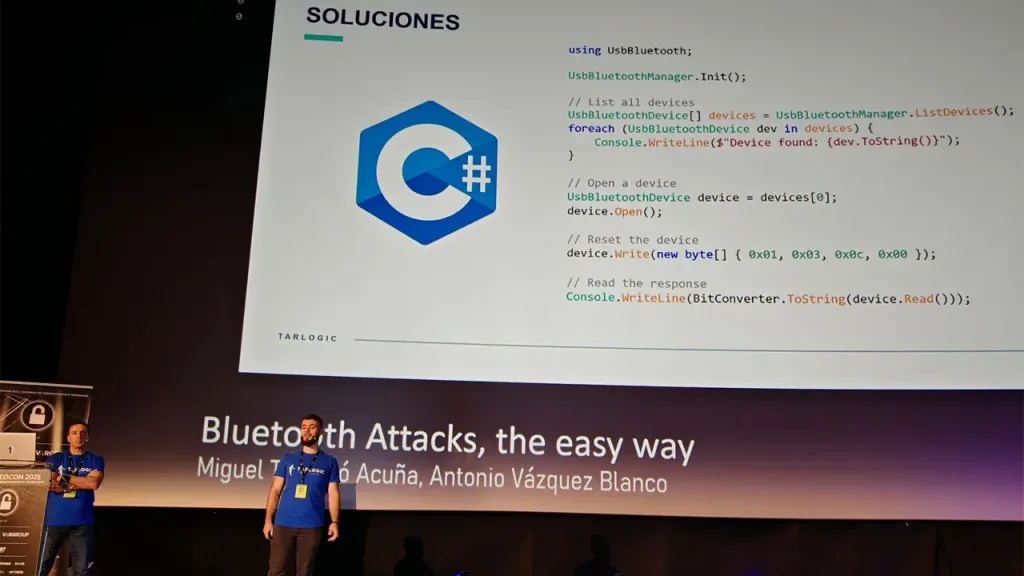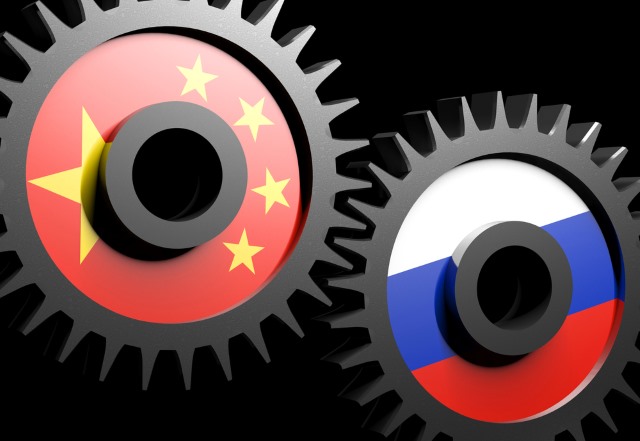
Mass registration of fake online shops originates from China
A new campaign uses mass registration of fake online shop domains to impersonate legitimate retailers, facilitate financial fraud, and in certain instances, distribute malware through counterfeit checkout systems and redirect payloads.
Identified by the research division of BforeAI, analysis of the campaign’s registration and DNS telemetry indicates a well-structured operation with distinct clusters, primarily originating from Chinese infrastructure providers and utilizing domain privacy services to obscure attribution.

Apple bows to Chinese pressure to remove queer dating apps from its App Store
The Chinese government applied pressure on Apple to remove the two biggest queer dating apps from its App Store in the country, and the iPhone-maker has rolled over and done just that.
The two apps – Blued and Finka – have previously been named as being the first and second most popular dating apps for members of the LGBTQIA+ community in China. Some sources suggest that their appeal spread globally.

Honor unveils Magic8 series, its first 'self-evolving AI' smartphones
Honor has launched its new Magic8 smartphone series in China, introducing a range of AI-driven features designed to improve imaging, performance, and everyday usability. And while the name might remind you of the fortune-telling toy of a similar name, Honor’s Magic8 is more interested in predicting your habits than your future.
The Magic8 and Magic8 Pro are what Honor describes, somewhat worryingly, as “Self-Evolving AI Devices.” That doesn’t mean they’ll become sentient over time while jammed in your pocket, but rather can learn from user behavior to automate everyday tasks and anticipate actions.

OPPO announces global launch of Find X9 and Find X9 Pro smartphones with new camera system and larger batteries
OPPO will launch its new Find X9 and Find X9 Pro smartphones globally on October 28th, following their initial debut in China. The pair introduce upgraded imaging systems developed with Hasselblad, larger batteries, and OPPO’s latest ColorOS 16 software.
The two devices feature the Hasselblad Master Camera System powered by the company’s LUMO Image Engine, which combines optical tuning and computational processing for more accurate colors and improved low-light results. The Find X9 Pro adds a 200MP telephoto camera developed jointly with Hasselblad.

US government says 'framework' for TikTok ownership deal has been agreed with China
Washington and Beijing may be moving closer to resolving the long-running dispute over TikTok. US Treasury Secretary Scott Bessent said a "framework" agreement has been reached in trade talks with China in Madrid.
This could open the door for American ownership of TikTok's US operations, with final approval expected from both leaders later this week.

The US sneaks trackers into AI chips to thwart shipments to China
The AI race is the modern-day space race, and the US is concerned that China will make too much progress too quickly. This is precisely why President Trump recently suggested that the likes of NVIDIA only allowed to sell limited versions of its AI chips to Chinese customers.
How could this be policed? Through the use of trackers, according to sources familiar with the matter.

Attackers can use undocumented commands to hijack Chinese-made Bluetooth chips
Security researchers have shared details of newly discovered, undocumented commands in ESP32 Bluetooth firmware that can be exploited by an attacker. The Chinese-made chip is found in millions of devices, meaning the findings are significant.
Speaking at RootedCON in Madrid, researchers from Tarlogic Security, Miguel Tarascó Acuña and Antonio Vázquez Blanco, described the “hidden functionality” they have unearthed as a backdoor, but later conceded that this may be a misleading description. They warn that exploitation could allow “hostile actors to conduct impersonation attacks and permanently infect sensitive devices such as mobile phones, computers, smart locks or medical equipment by bypassing code audit controls”.

DeepSeek -- the Chinese AI that sparked a stock market panic
Today has seen millions of dollars wiped off US market tech stocks by the launch of DeepSeek, the latest Chinese AI that threatens US dominance in the sector.
This is partly because DeepSeek can run on much less powerful hardware than rivals such as OpenAI's o1. DeepSeek also says that its v3 model, released in December, cost less than $6 million to train, less than a tenth of what Meta spent on its most recent system.

TikTok, AliExpress, Temu and more hit with GDPR complaints over unlawful data transfers to China
Austria-based data protection and privacy advocating NGO noyb (none of your business) has filed a series of complaints against AliExpress, SHEIN, Temu, TikTok, WeChat, and Xiaomi for violating European general data protection regulation (GDPR).
The six firms stand accused of unlawfully transferring user data to China. In its complaints, noyb says that “given that China is an authoritarian surveillance state, companies can’t realistically shield EU users’ data from access by the Chinese government”.

Experts call for proactivity to combat state-sponsored cyber threats in 2025
In 2024, opposing nation-states have utilized cyberattacks to project power and disruption from within their own borders. This shift has been epitomized by the rise of the “Axis of Upheaval,” dominated by the CRINKs nations -- China, Russia, Iran, North Korea -- who share a common reliance on using cyberattacks to wreak havoc in an affordable manner.
Whether it’s North Korea using ransomware to generate revenue for its isolated regime, or Russia focusing on disrupting and eroding public trust in democratic institutions, each state is finding its niche to cause harm. Despite these varied goals and techniques, it’s the same sectors again and again in the crosshairs. Whether it’s CNI, healthcare, or finance, these organizations now must protect against a wide range of attack styles and techniques.

Apple Vision Pro comes to new markets
Apple Vision Pro will soon be available in several new countries and regions. Starting this Thursday, June 13, at 6 p.m. PT, pre-orders will open for customers in China mainland, Hong Kong, Japan, and Singapore, with availability beginning Friday, June 28.
Additionally, customers in Australia, Canada, France, Germany, and the United Kingdom will be able to pre-order Vision Pro starting Friday, June 28, at 5 a.m. PT, with availability beginning Friday, July 12.

Cyberattacks -- where they come from and the tactics they use
A new report from Netskope looks at the activities of cybercriminals based on the techniques and motivators that were most commonly detected among its customers in the first three quarters of 2023.
In news that will come as a surprise to precisely nobody it shows that the highest percentage of cybercriminal activity comes from Russia, while China accounts for most politically-motivated attacks.

COVID-19 in China may prevent Johnny from getting an iPhone 14 Pro this Christmas
In the USA, the COVID-19 pandemic is pretty much over. You no longer need to wear masks everywhere, and life has largely gone back to normal. In China, however, the virus is still wreaking havoc -- residents of that communist country still face regular lockdowns.
Unfortunately, according to Apple, the ongoing COVID-19 situation in China has negatively impacted the production of both the iPhone 14 Pro and iPhone 14 Pro Max. Sadly, this will lead to delays. While this is bad news for Apple and its shareholders, it is also tragic for those that were hoping to buy one of these phones for the upcoming holiday season. In other words, Little Johnny may not get the phone he wants under the tree this year.

Chinese-made Linux distribution deepin 23 Preview now available for download
Created and maintained by Chinese developers, deepin has long been considered one of the prettiest Linux-based operating systems. Understandably, due to its development happening in China, many people do not trust the distribution -- especially with biometrics being added. Not to mention the recent dustup over Taiwan and apparent ongoing genocide.
If you are someone that trusts deepin despite its country of origin, however, I have some really exciting news. Today, an official public preview of the upcoming deepin 23 becomes available for download. The developers highlight the inclusion of the new "Linglong" package format, atomic updates, and new repositories.

Facial recognition comes to deepin Linux -- can you trust China with your face?
deepin is one of the prettiest Linux distributions, and many people use it every day. Unfortunately, there is a big problem with the operating system -- it is developed in China. While the Chinese people are good, the government of that country is not -- it oppresses its citizens and censors a lot of information. And so, some people are wary of using any Chinese-made software. That is understandable.
Normally I am OK with using deepin Linux, despite its Chinese roots, as it is largely open source. However, with version 20.5, I am a bit hesitant. You see, the newest variant of the operating system adds optional facial recognition for gaining access to your computer. This is similar to Microsoft's Windows Hello -- something I use regularly. But Microsoft is a USA company. When it comes to deepin, can we trust China with our faces?
